
Fresh and Creamy Goat Cheese Nutrition Facts Eat This Much
In a cheese cave, the cheesemaker or affineur must maintain a very high level of humidity, typically between 75% relative humidity and 95% relative humidity when cheese is kept at temperatures ranging from 50 to 55 degrees. The best way to check the humidity levels in your fridge or Cheese Grotto is with a digital hygrometer.

Cheese Moisture Tester by C.J. Tagliabue Corp, used to measure moisture
The cheese is too warm, which causes moisture to accumulate beneath the wrapper. This is the most common cause, and refrigeration is necessary to give the cheese a long shelf life. You may want to try purchasing cheese in vacuum packaging, which eliminates this problem. 3. The cheese was not wrapped tightly enough.

Guide To The 5 Most Common Types of Cheeses In Our Test Kitchen (+a
Cheese Definitions and Categories. The normal lacteal secretion, practically free of colostrum, obtained by the complete milking of one or more healthy hooved mammals. The Codex Alimentarius provides global standards for the definition of cheese: Cheese is the ripened or unripened soft, semi-hard, hard, or extra-hard product, which may be.

Cheese Free Stock Photo Public Domain Pictures
Here are 9 of the healthiest types of cheese. Image credit: Ratri/Adobe Stock. 1. Mozzarella. Mozzarella is a soft white cheese with high moisture content. It originated in Italy and is usually.

Cheese 101 Health communication, Nutrition information, Health
The IR-3000F is capable of not only measuring cheese moisture but takes instant non-contact measurements of temperature, fat, and oil. When it comes to moisture testing, the IR-3000 offers top-quality cheese moisture analysis and at an affordable price. MoistTech also offers a Food Grade Sanitary Valve Connection that is specifically designed.
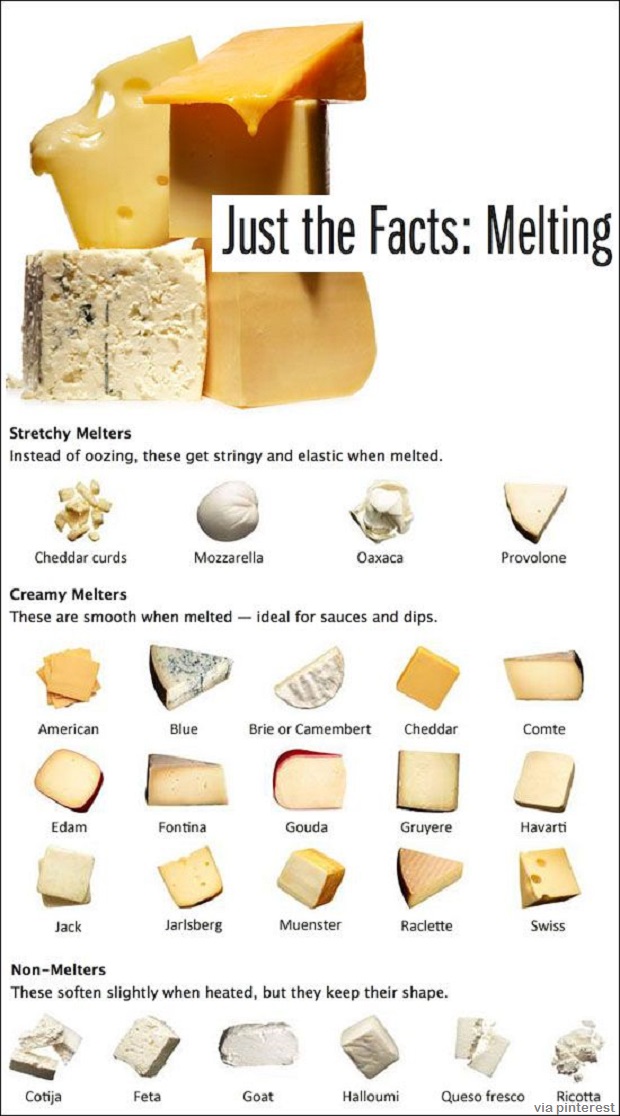
Back To Basics 4 Types Of Homemade Cheese Survivopedia
Cheese is a nutrient-dense dairy food, providing protein, fats, and minerals. Some hard block cheeses that contain little moisture like Parmigiano-Reggiano and aged cheddar are easily stored and travel well because they do not require refrigeration.
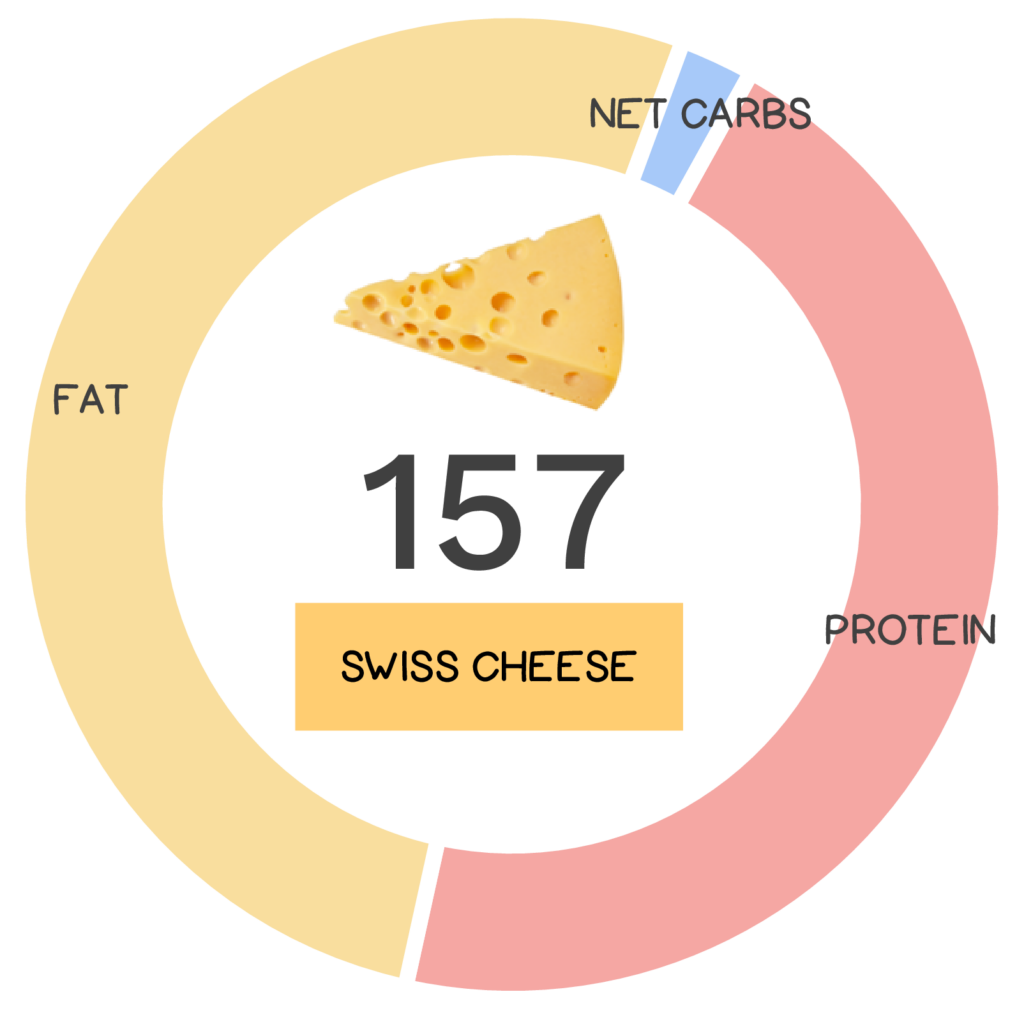
Swiss Cheese Nutrients
Moist cheese is usually the result of a bacterial breakdown of lactose, or milk sugar, into lactic acid. This process might be encouraged by enzymes, added bacteria, or other substances. This process creates moisture and, in the case of some cheeses, a soured or foul odor. Blue cheese is a good example of a cheese that is encouraged to perspire.

stage of thermogravimetric analysis of Swiss cheese bioaroma
Strategies to Control Moisture Content Like acid, cheesemakers need to monitor and control the moisture content of the cheese. Moisture content impacts the quality and safety of the cheese and even a small change (± 1%) can have a negative impact on the final cheese. Typically, cheese with too much moisture will have a weak body and pasty texture.

Pin on Cheese Nutrition
Cheese ages at a pretty high relative humidity, typically somewhere between 75% RH and 95% RH when cheese is held at a temperature of between 50 to 55 degrees. The ideal cheese humidity level will depend on the temperature of the aging environment, so it must be carefully calibrated. If the humidity in the cheese cave is too low, the cheese can.
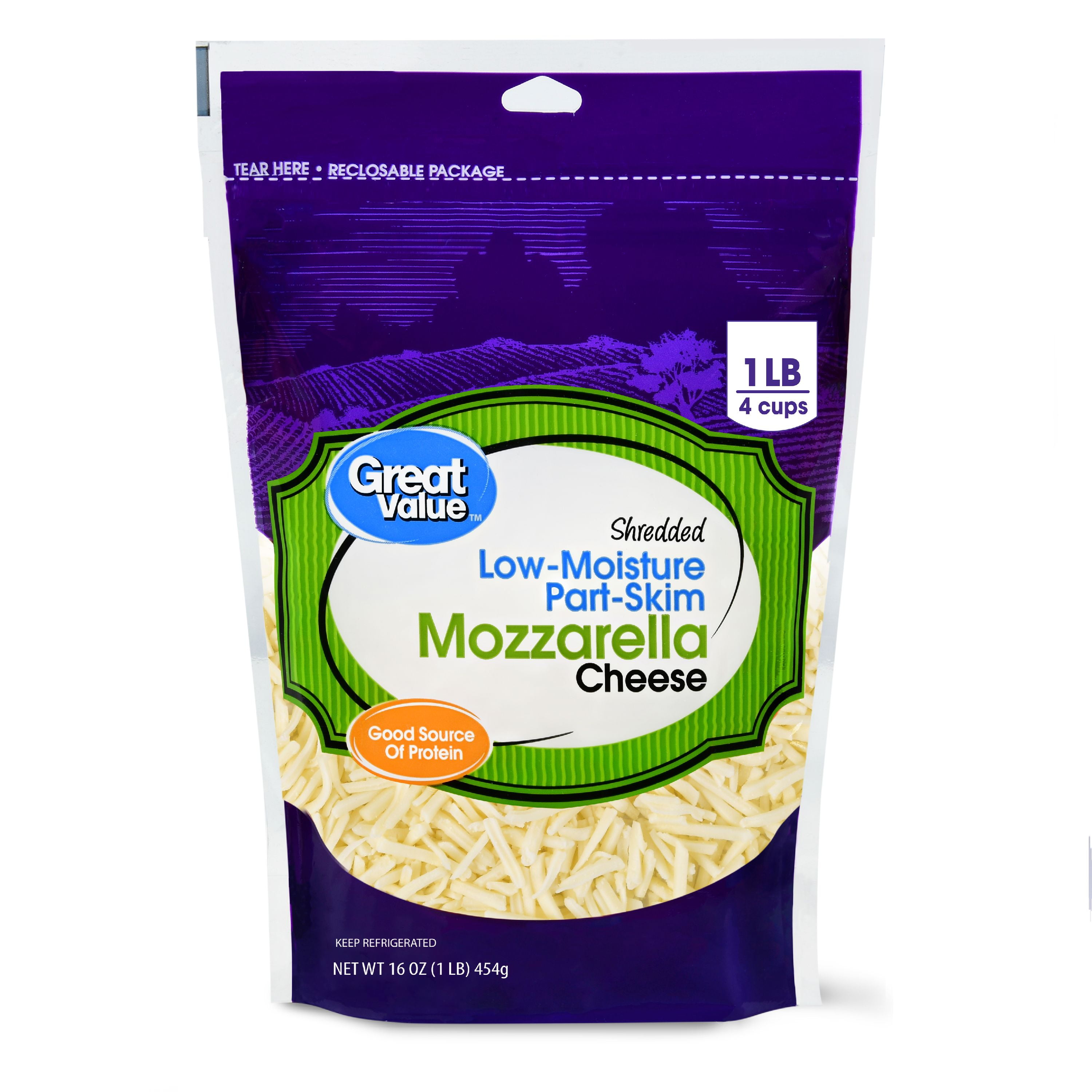
Great Value Shredded LowMoisture PartSkim Mozzarella Cheese, 16 oz
The cheese wrapper can more easily and preemptively absorb the leeching butterfat. If beading still occurs after you unwrap the cheese, blot its surface with a square of paper towel. If the cheese is really shiny, you may have pulled the cheese from the refrigerator too early. About an hour to an hour and a half before serving is just right.
:max_bytes(150000):strip_icc()/grow-monstera-adansonii-swiss-cheese-plant-1902774-f1e5231f3f7d4587b47ff4405e77cfcd.png)
swiss cheese plant
Like other harder, less moist cheeses, she recommends double wrapping. "Wrap first in parchment paper, cheese paper, or beeswax reusable paper, which allows the cheese to breathe, and then again in a loosely fitted plastic wrap or tinfoil to allow some breathing room for the cheese.".

Smoked Cheese Free Stock Photo Public Domain Pictures
The moisture content of cheese is one of the most common methods of classifying cheese, and it can vary from very soft to very hard. There's no distinct boundary between these categories, and some cheeses can move between categories depending on the length of ageing. Classification: Percent moisture: Cheese texture:
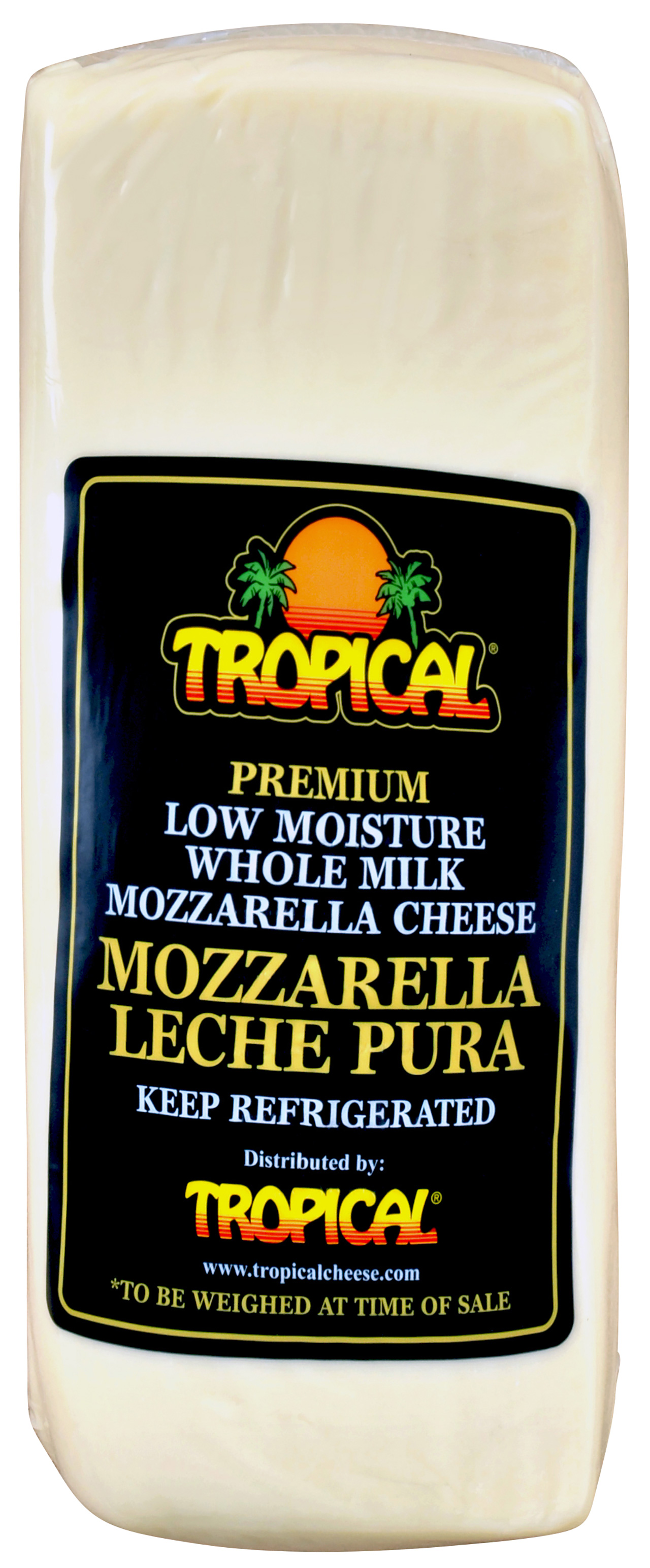
Low Moisture Mozzarella Tropical Cheese
Moisture content and aging are the two main factors that determine texture in a cheese. To keep it simple: the lower the moisture content, the firmer the cheese. the longer the aging process, the firmer the texture of the cheese. In essence, the firmness of a cheese is what determines its texture, which can range from soft to hard.
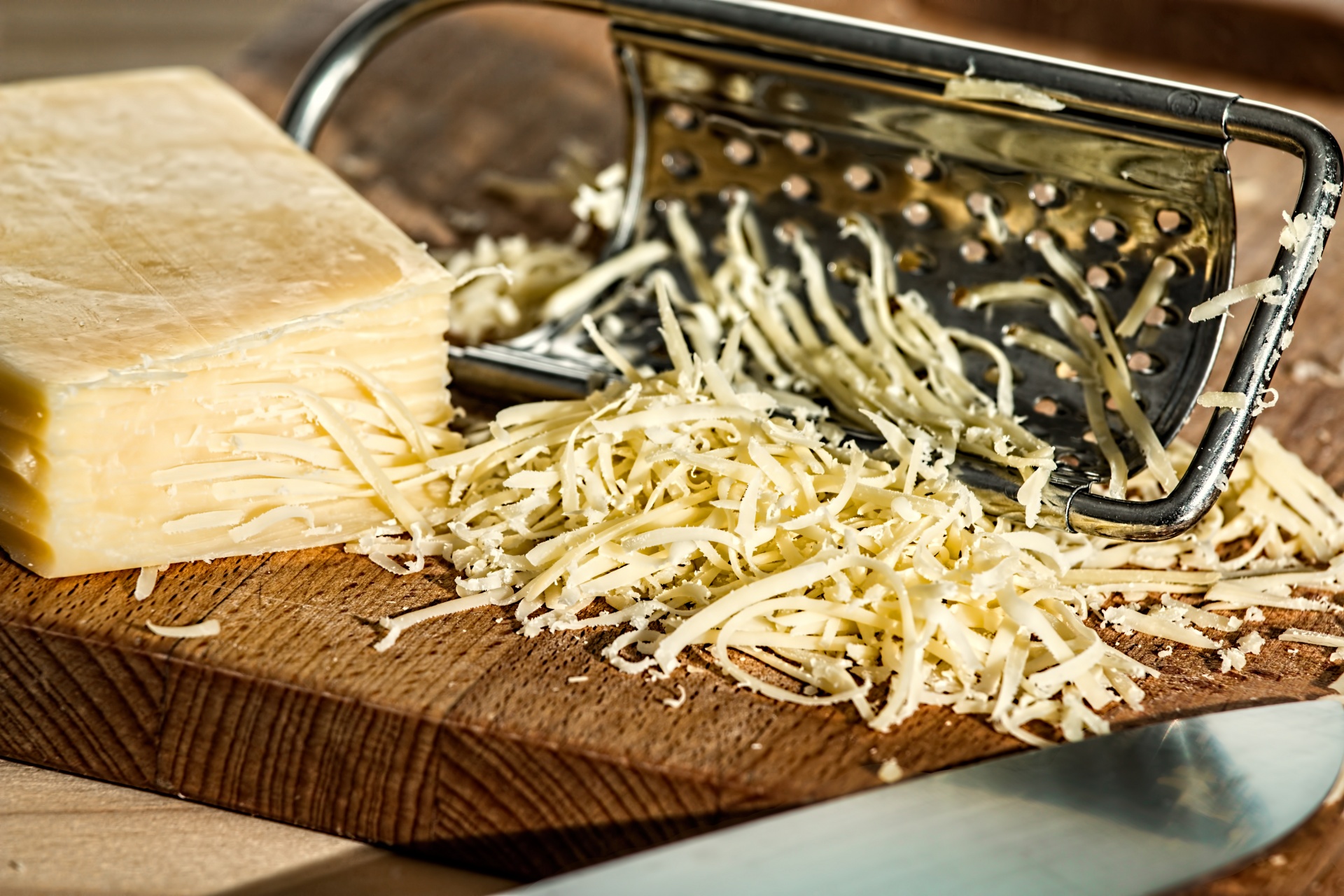
Grated Cheese Free Stock Photo Public Domain Pictures
Cutting the curd into large chunks means that it will retain a fair amount of moisture, which will lead to a softer cheese like Camembert. On the other hand, small cubes of curd drain better.
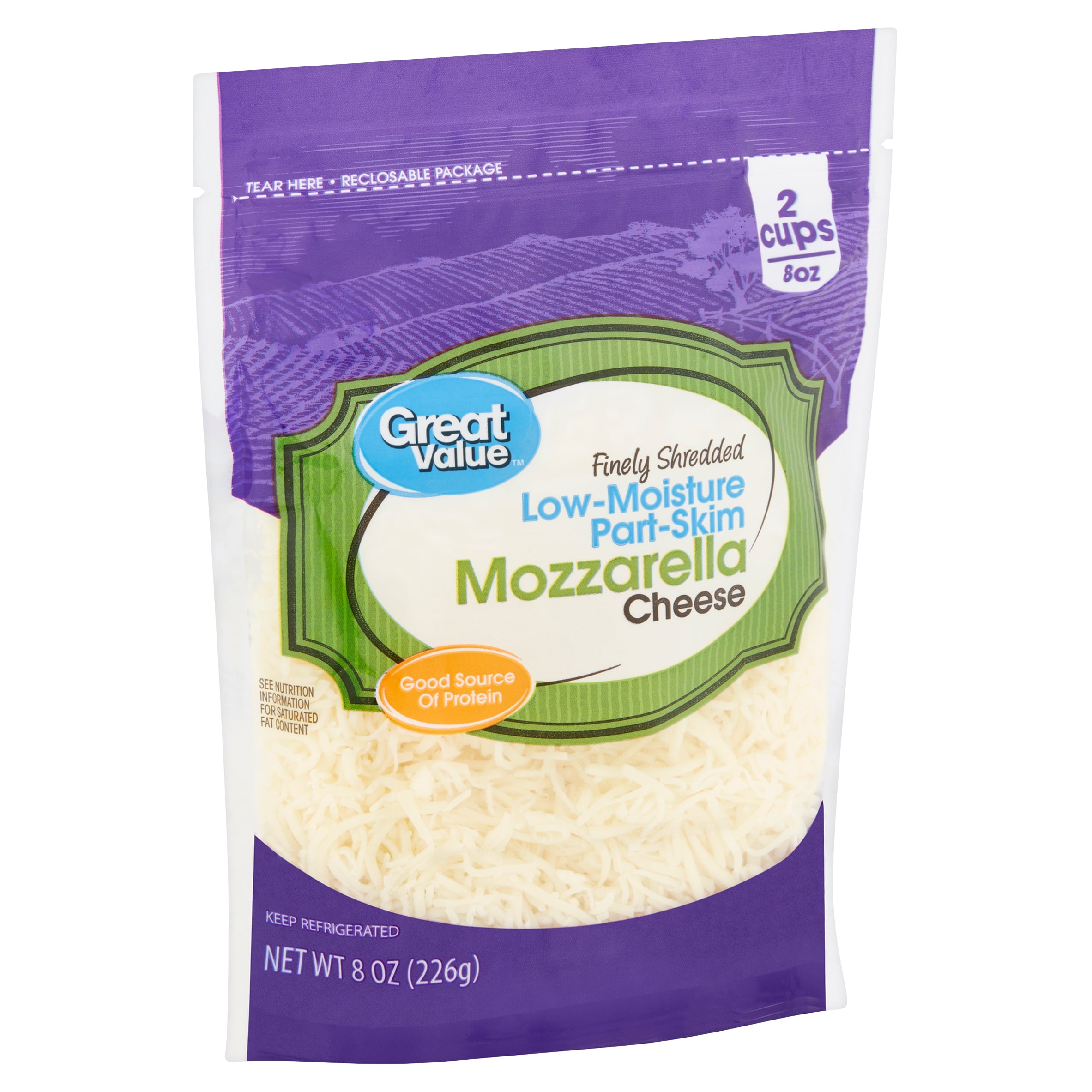
Great Value Finely Shredded LowMoisture PartSkim Mozzarella Cheese, 8
Without the right level of moisture in the air, the moisture in the green (unripe) cheese would evaporate out, cracking and hardening the cheese and basically turning it into an inedible milk rock. Waxing the exterior of a cheese or vacuum-sealing it in plastic are two ways to maintain the moisture inside a cheese regardless of the humidity in.
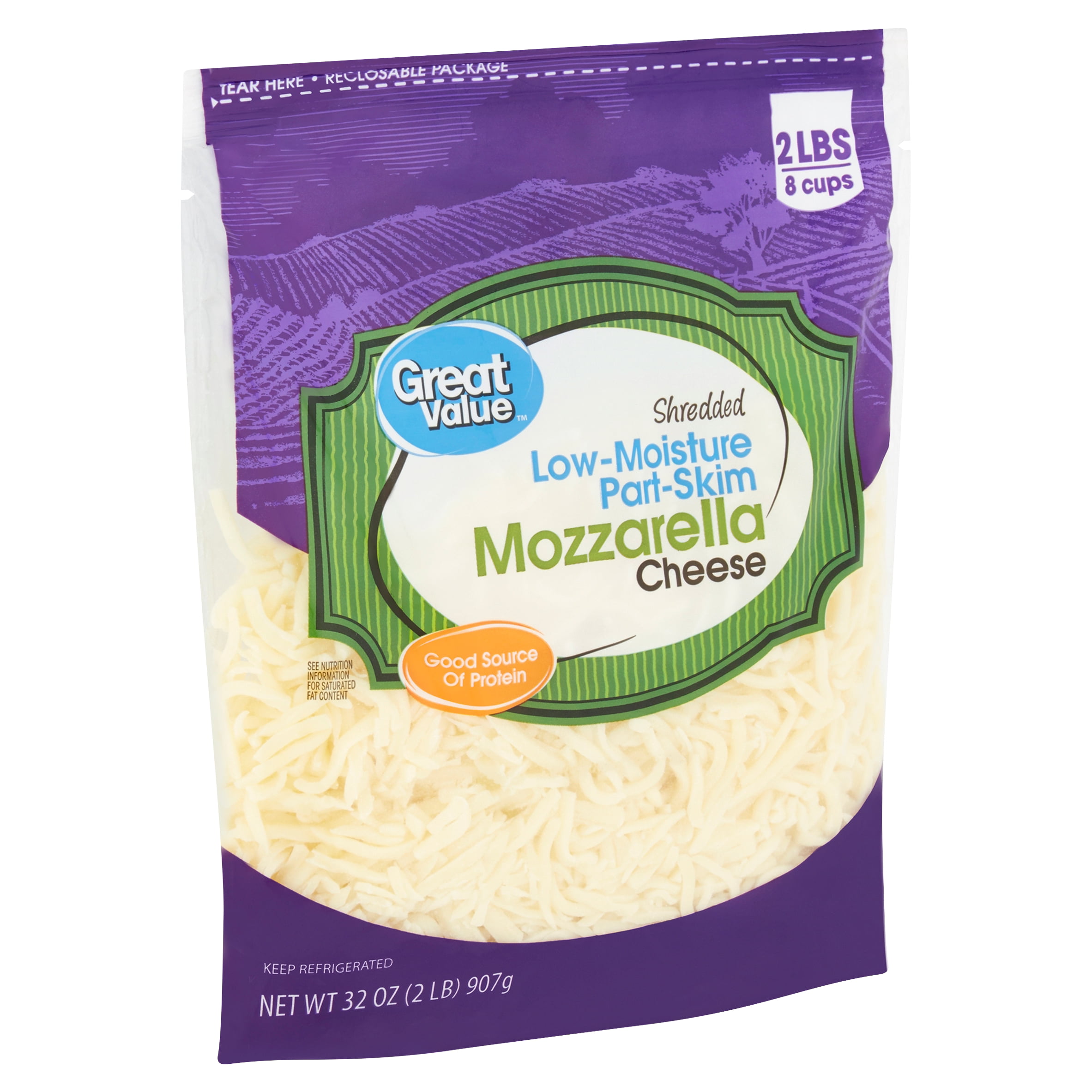
Great Value Shredded LowMoisture PartSkim Mozzarella Cheese, 32 oz
Low-moisture mozzarella is the cheese you'll find in the dairy case (near the blocks of cheddar, ricotta, sour cream, and cottage cheese), that's sold in whole blocks, pre-shredded bags, and string cheese. It has a denser texture and a tangier, saltier flavor than mild, milky fresh mozzarella. While fresh mozzarella ages and deteriorates.